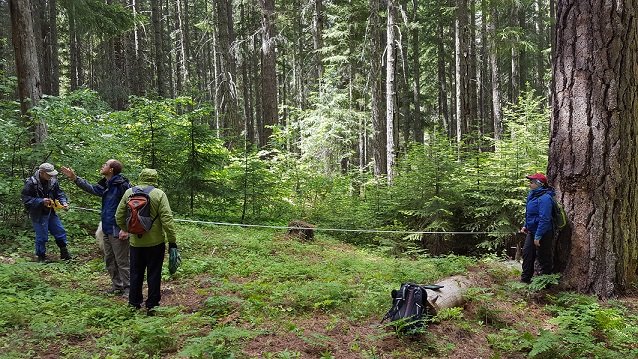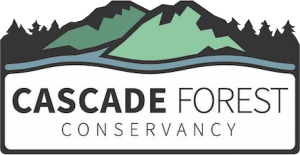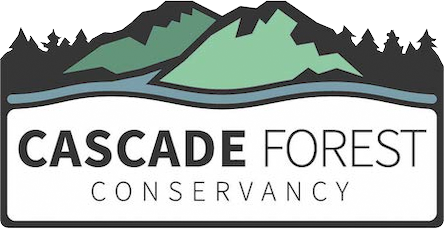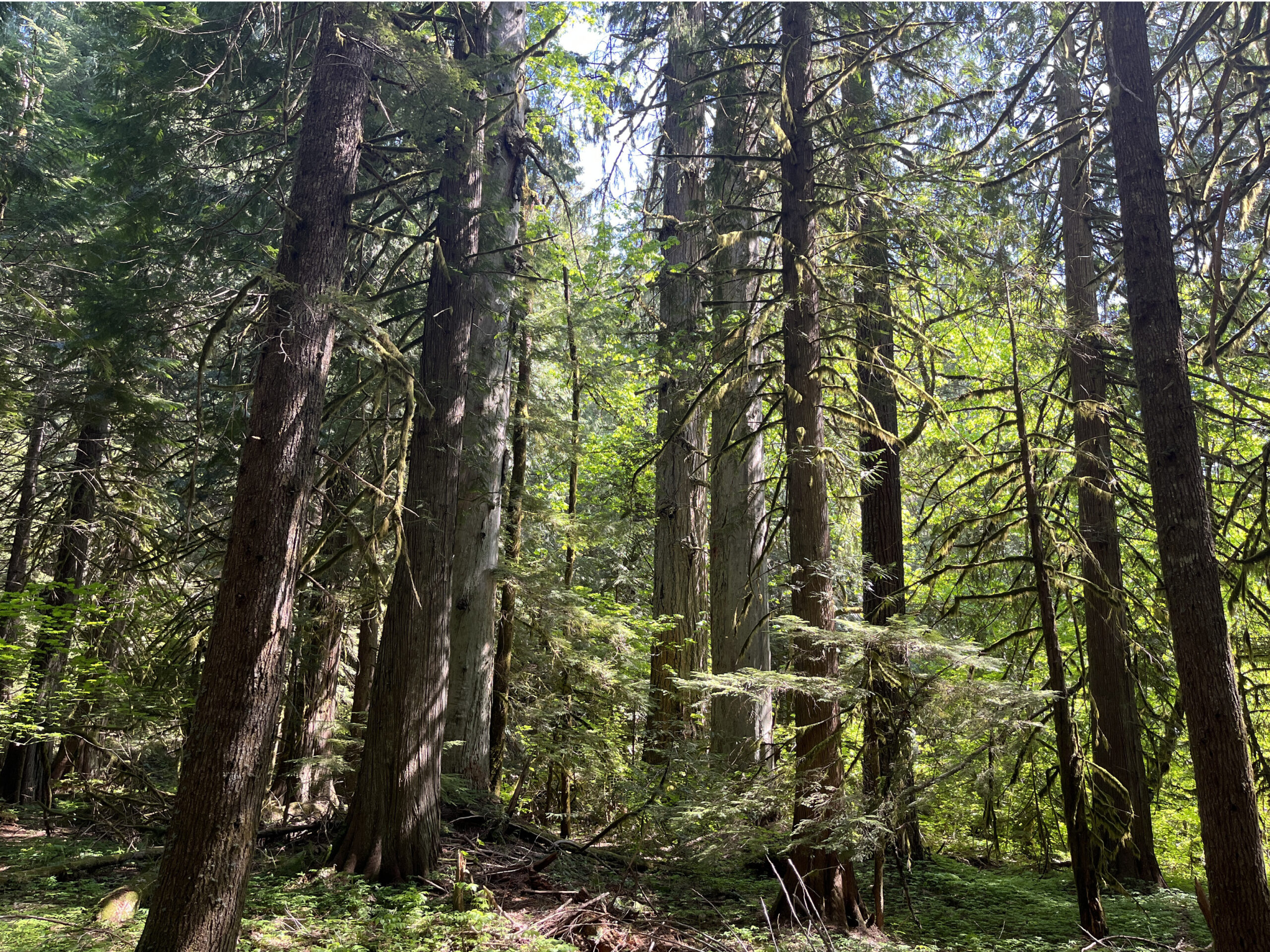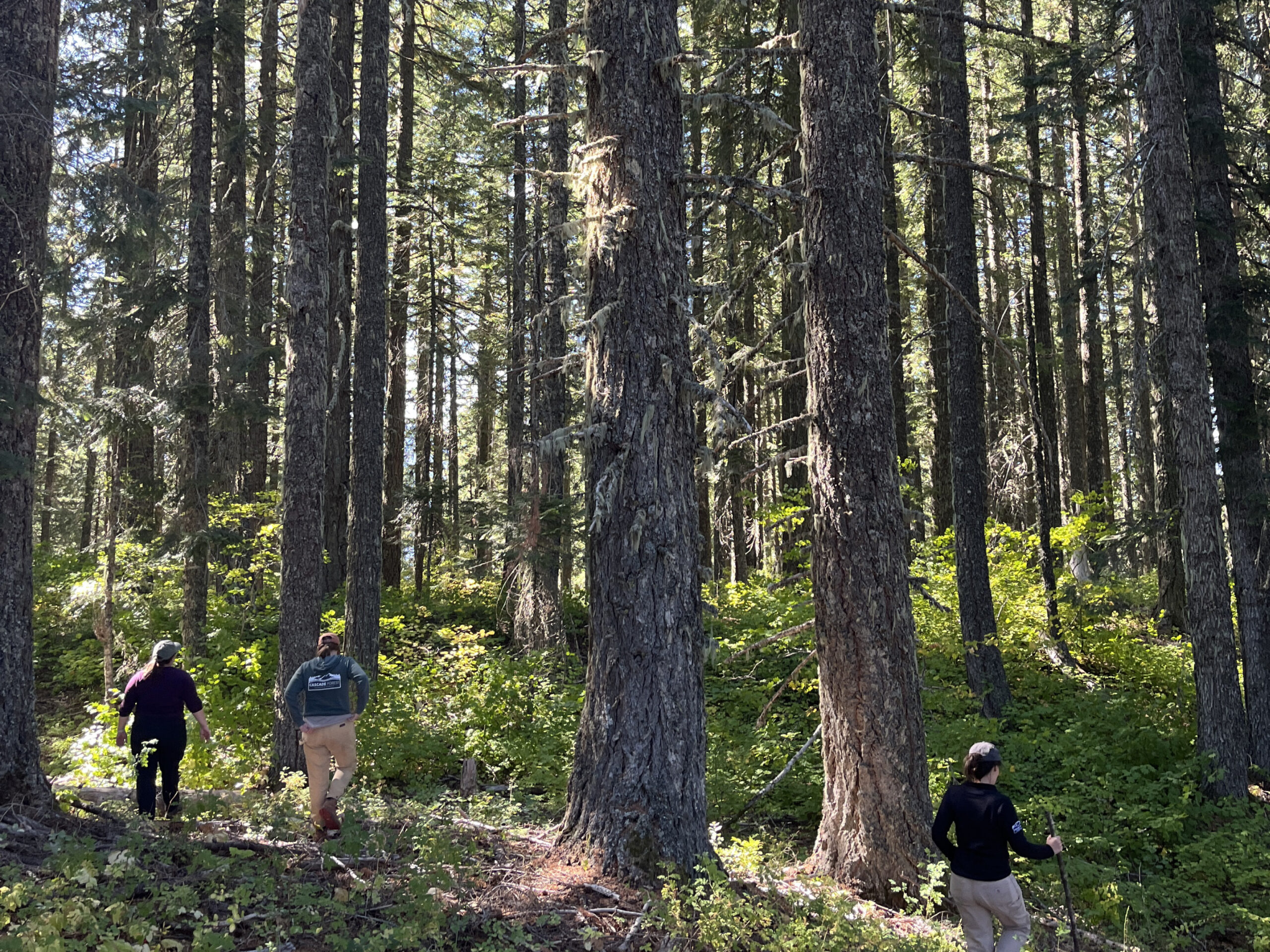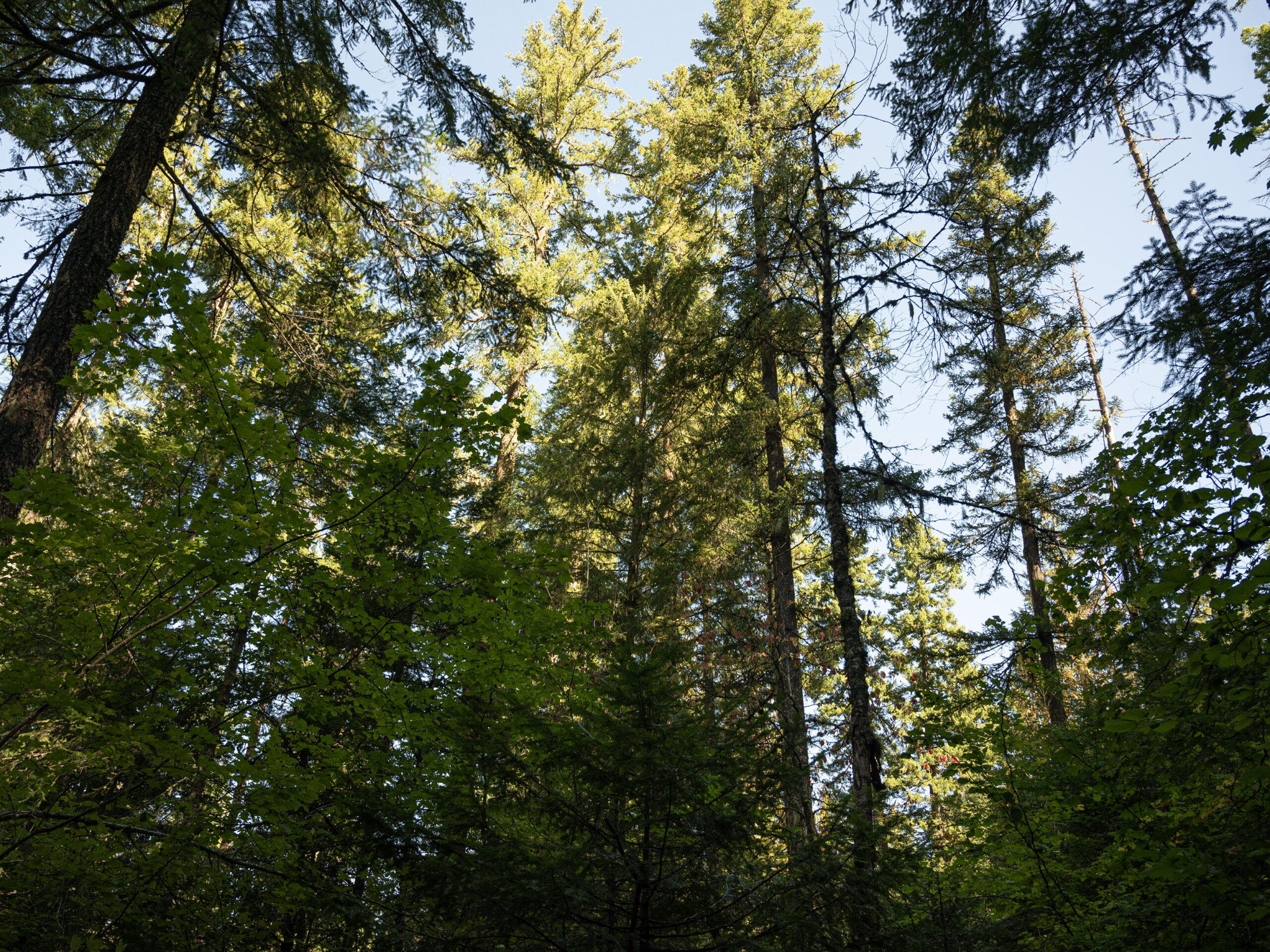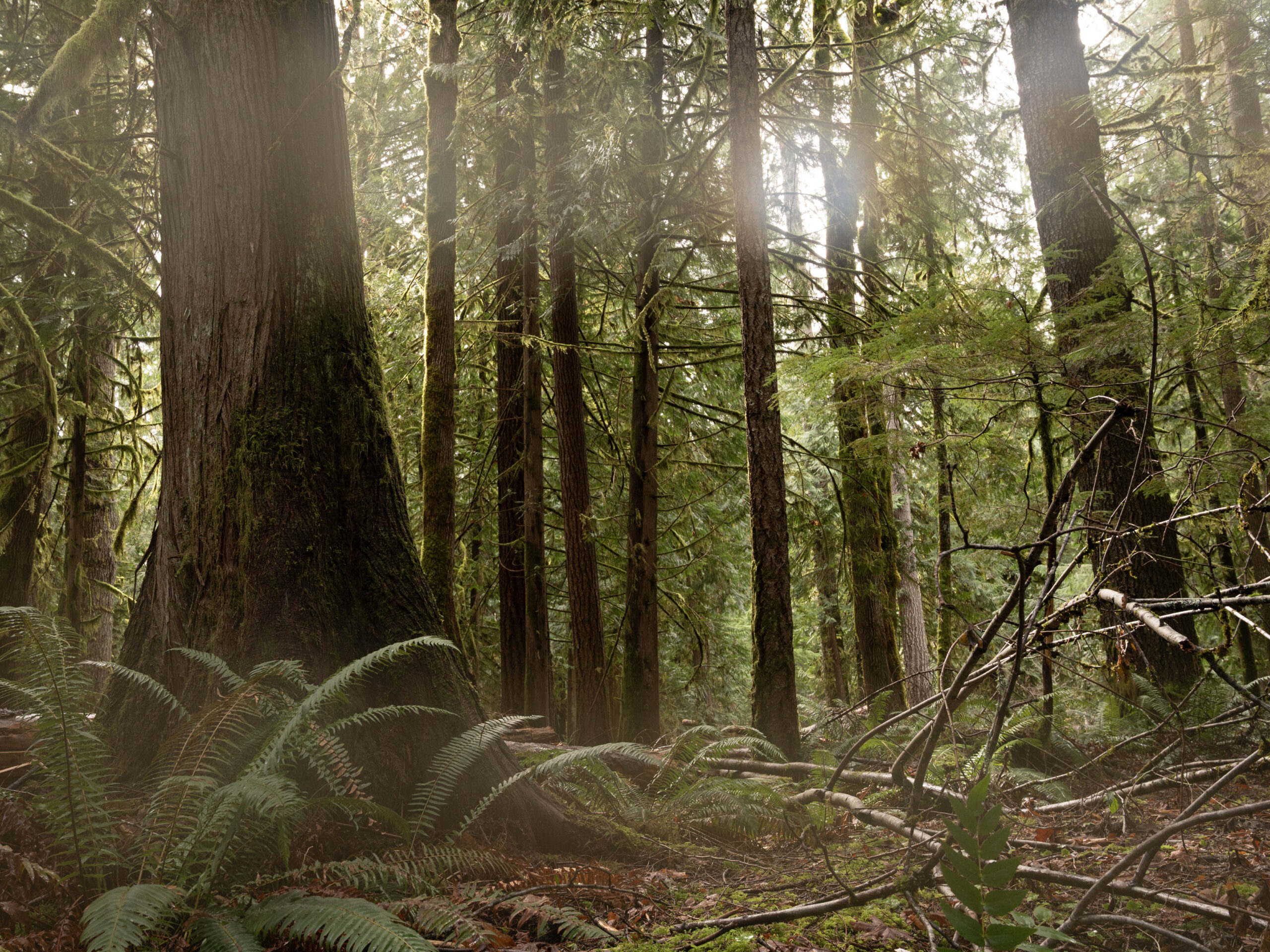[vc_row row_type=”row” use_row_as_full_screen_section=”no” type=”full_width” angled_section=”no” text_align=”left” background_image_as_pattern=”without_pattern” css_animation=””][vc_column width=”1/12″][/vc_column][vc_column width=”5/6″][vc_column_text]GPS Project: Bringing People Outdoors for Conservation
Press Release – May 24, 2017
Contact:
Shiloh Halsey, Conservation Science Director
Office: 503-222-0055
Cell: 503-258-7774
shiloh@cascadeforest.org
Cascade Forest Conservancy
4506 SE Belmont St., Suite 230A
Portland, OR 97215
The Cascade Forest Conservancy will be leading volunteer trips to the Gifford Pinchot National Forest this summer and fall to collect field data for conservation projects and to carry out habitat restoration projects. The citizen science trips offer an opportunity for the public to help gather important information about wildlife, forests, and streams and to strengthen the voice of conservation in their public lands. The restoration trips connect local community members to large-scale conservation projects occurring in their national forest. The projects include activities such as wildlife camera surveys to monitor habitat use of carnivores; surveys to investigate effects of forest roads on aquatic health; timber sale surveys to improve our work with timber harvest projects; beaver habitat surveys to identify distributions and reintroduction needs; huckleberry monitoring to gauge effects of forest thinning on huckleberry restoration; and riparian planting to improve aquatic habitat in the streams of the Cascade Range. Cascade Forest Conservancy also works with local schools to offer these stewardship opportunities to high school students in Portland and Vancouver.
Shiloh Halsey, Conservation Science Director with Cascade Forest Conservancy and trip leader for many of the trips, notes that “these trips offer a unique opportunity to get involved with conservation and to be part of broader scientific projects. Last year, we brought volunteers out to the Mount Adams area to locate old-growth ponderosa pine trees and identify priority areas for protection and restoration. It was a fun trip for folks and their work was used to improve the upcoming forest thinning project.”
If you are looking to head out to the forest on a mission, consider joining us for a trip to help restore habitat and collect important data about the streams, roads, and trees of Washington’s South Cascades. No prior experience is necessary. Our GPS Project video can be seen here (www.cascadeforest.org/get-involved) where you can also view trip dates and sign up![/vc_column_text][/vc_column][vc_column width=”1/12″][/vc_column][/vc_row]
grav-cascadefc
